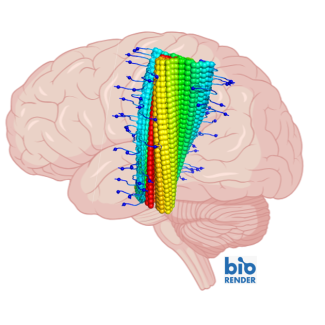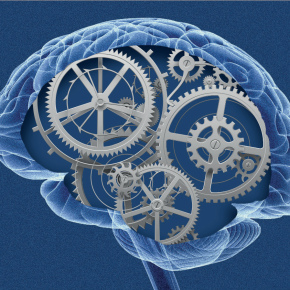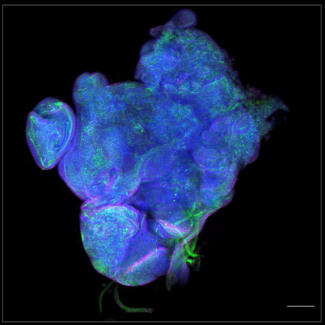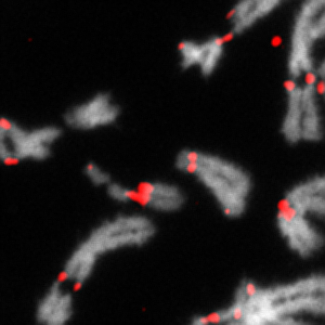
PTSD and resilience after trauma: the role of memory suppression
The terrorist attacks committed in Paris and Saint-Denis (France) on November 13, 2015 have left lasting marks, not only on the survivors and their loved ones, but also on French society as a whole. A vast transdisciplinary research program, the "13-Novembre" project is codirected by Francis Eustache, neuropsychologist and director of the Inserm Neuropsychology and Imaging of Human Memory laboratory (Inserm/Université de Caen Normandie/École pratique des hautes études/Caen university hospital/Cyceron imaging platform) and Denis Peschanski, historian and CNRS senior scientist. It seeks the ongoing construction and evolution of the individual and collective memory of these traumatic events and improve our understanding of the factors that protect against the development of post-traumatic stress disorder (PTSD). Part of this program is a brain imaging study called Remember, which is focused on the cerebral networks implicated in PTSD. Its findings will be published in the journal Science on February 14, 2020. This study, which is sponsored by Inserm and led by Inserm researcher Pierre Gagnepain, shows that the untimely resurgence of intrusive images and thoughts in PTSD patients - a phenomenon long attributed to a deficiency of memory - is also linked to a dysfunction of the brain networks that control memory. The researchers expect that these findings will lead to the identification of new treatment options for PTSD sufferers.
To find out more about the "13-Novembre" project:
-
After Paris attacks: A novel research programme on traumatic memories (press release, 13 June 2016)
-
Paris Attacks: What Will We Remember? (Historian Denis Peschanski and neuropsychologist Francis Eustache explain the programme’s objectives).
- Website of the "13-Novembre" research programme
Resilience after trauma: the role of memory suppression, Alison Mary, Jacques Dayan, Giovanni Leone, Charlotte Postel, Florence Fraisse, Carine Malle, Thomas Vallée, Carine Klein-Peschanski, Fausto Viader, Vincent de la Sayette, Denis Peschanski, Francis Eustache, Pierre Gagnepain. Science, 14 February 2020. DOI: 10.1126/science.aay8477


